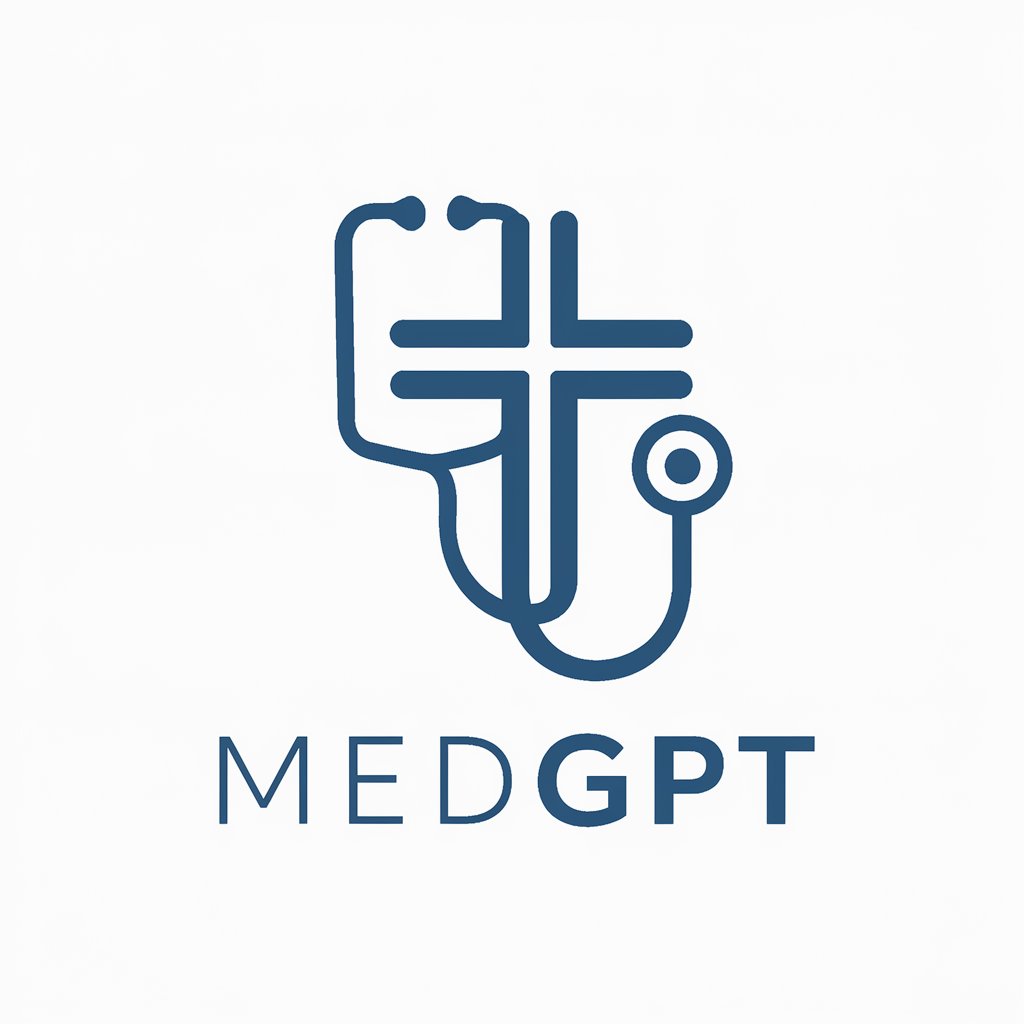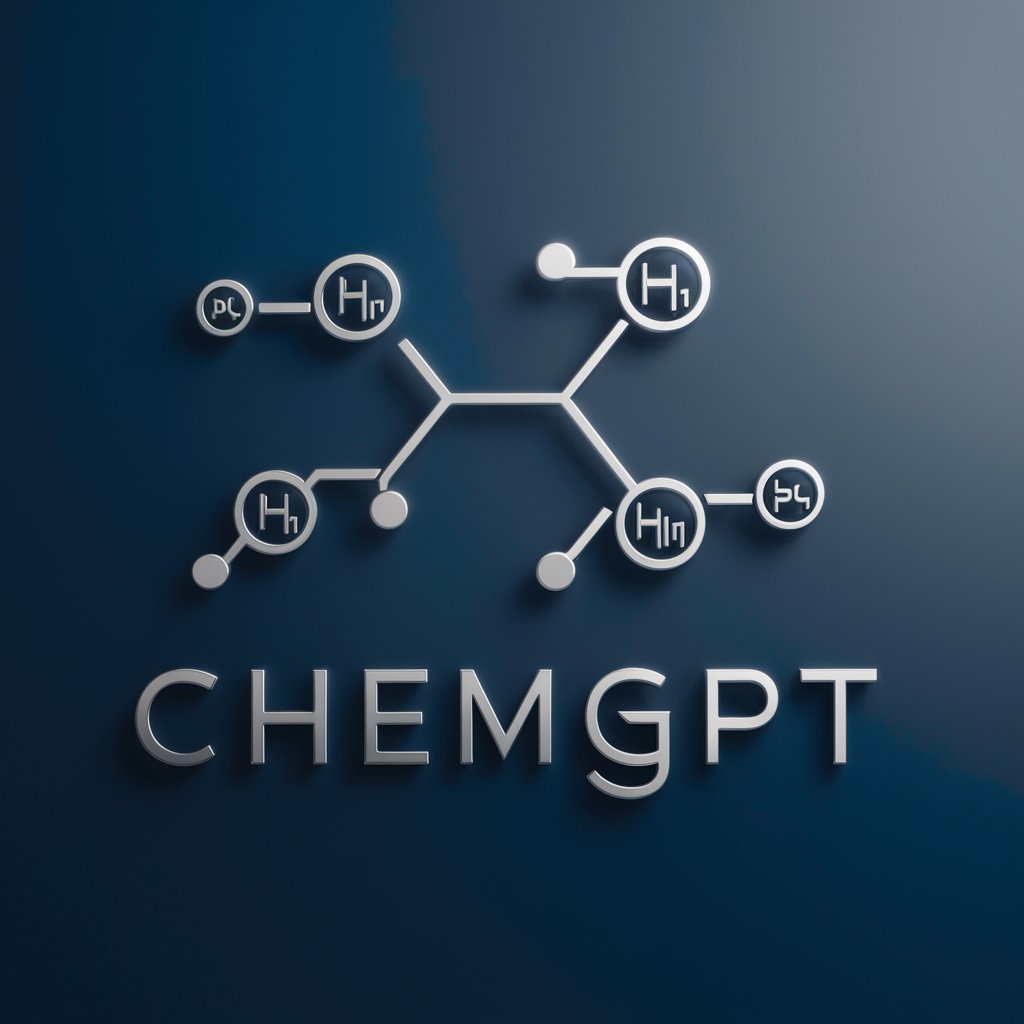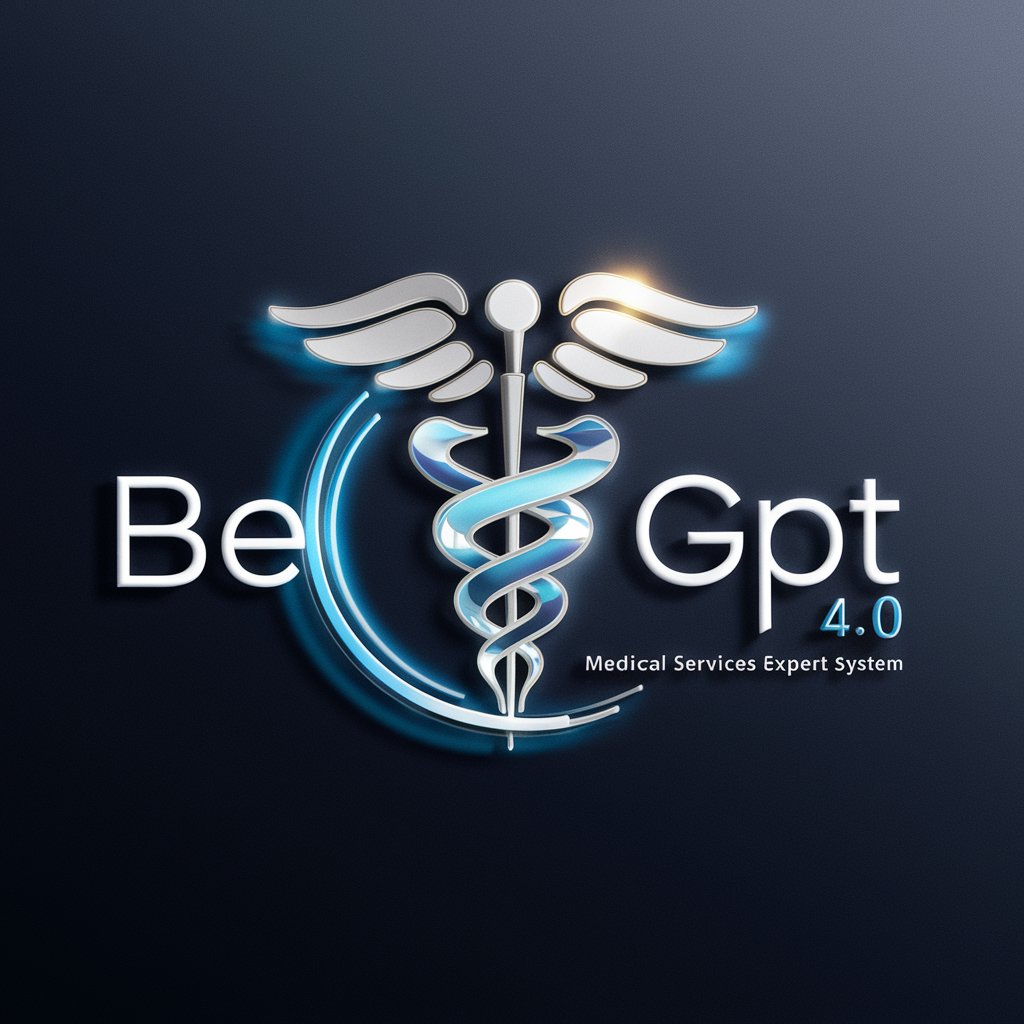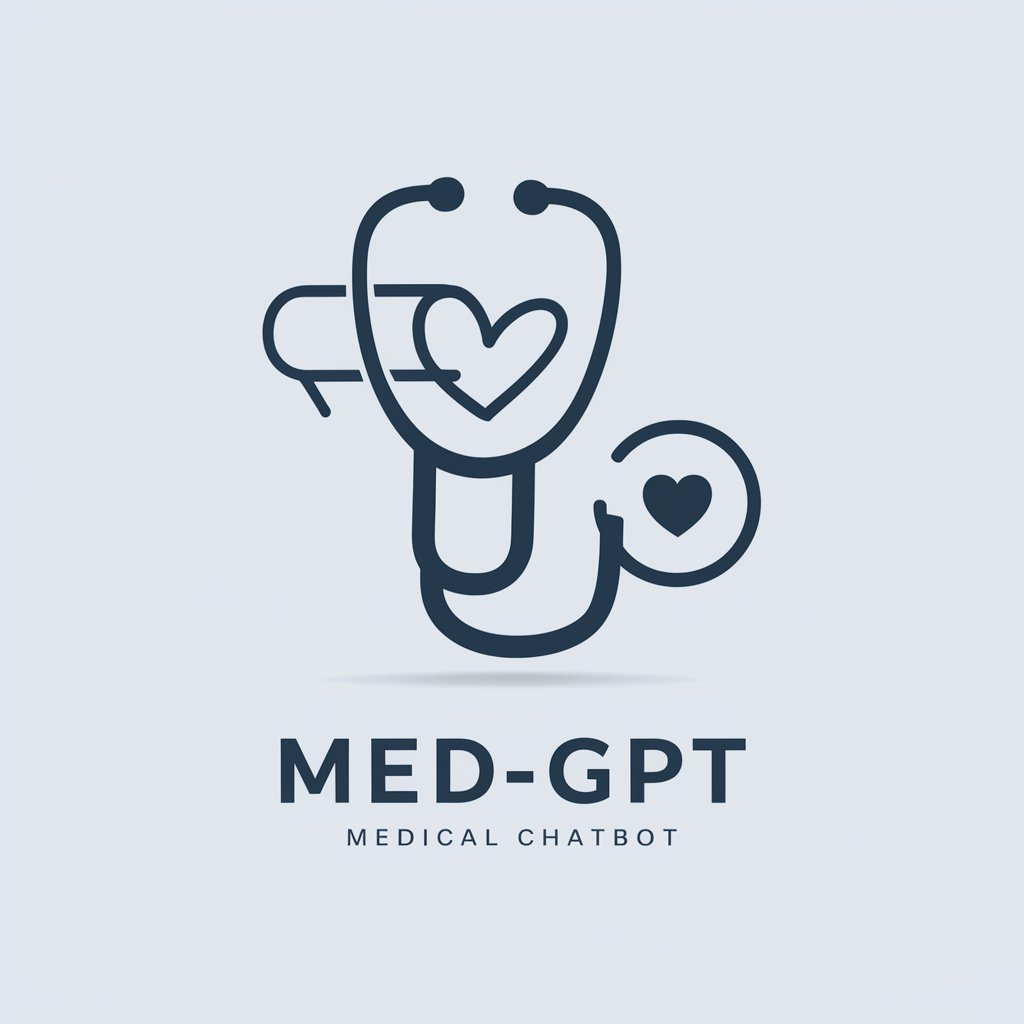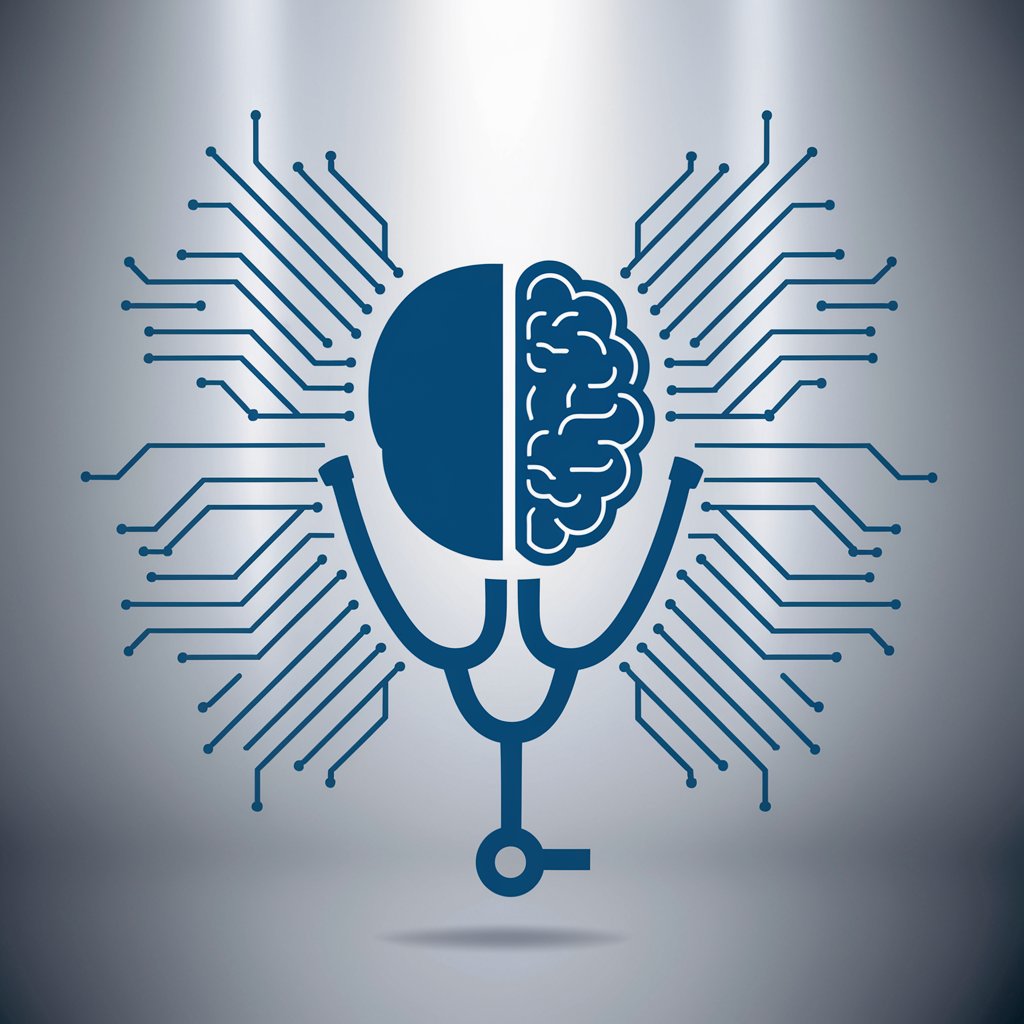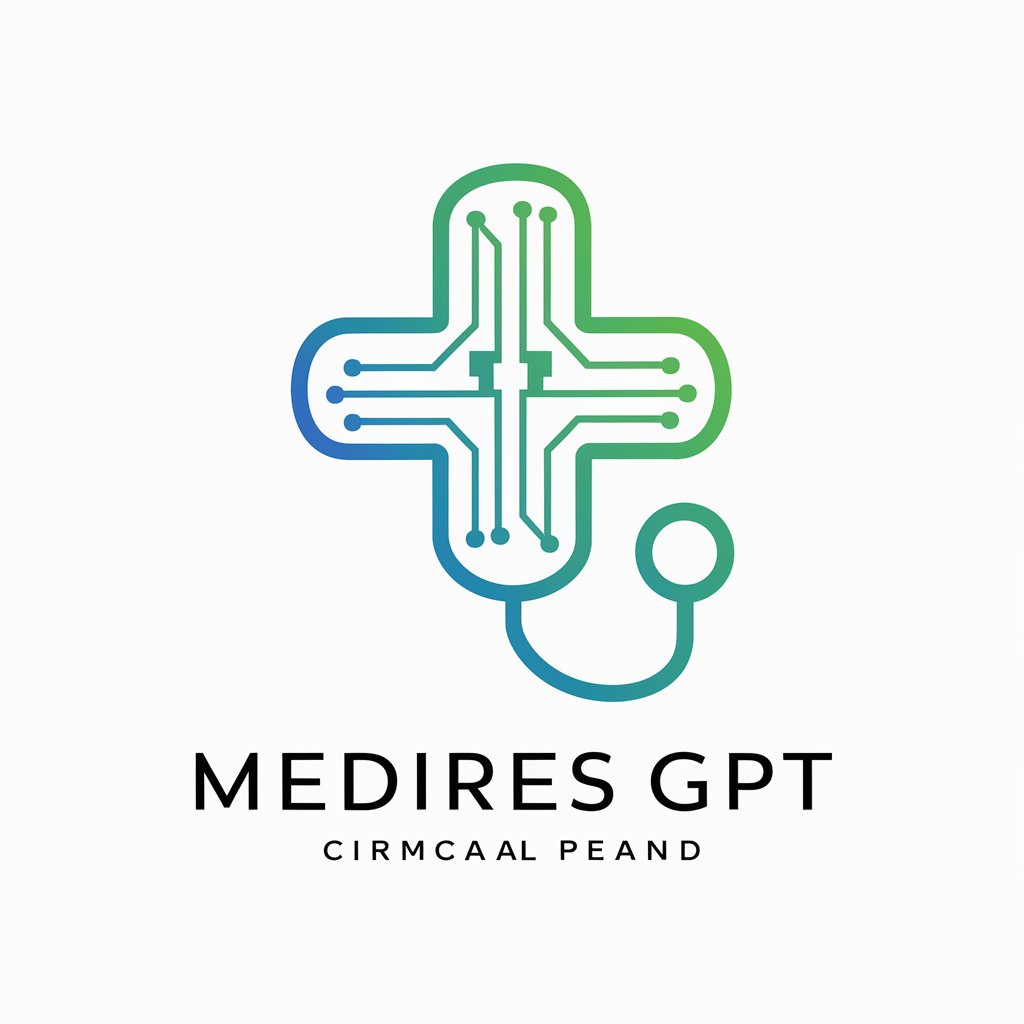
MedGPT2+ - Detailed Medical AI Advisor
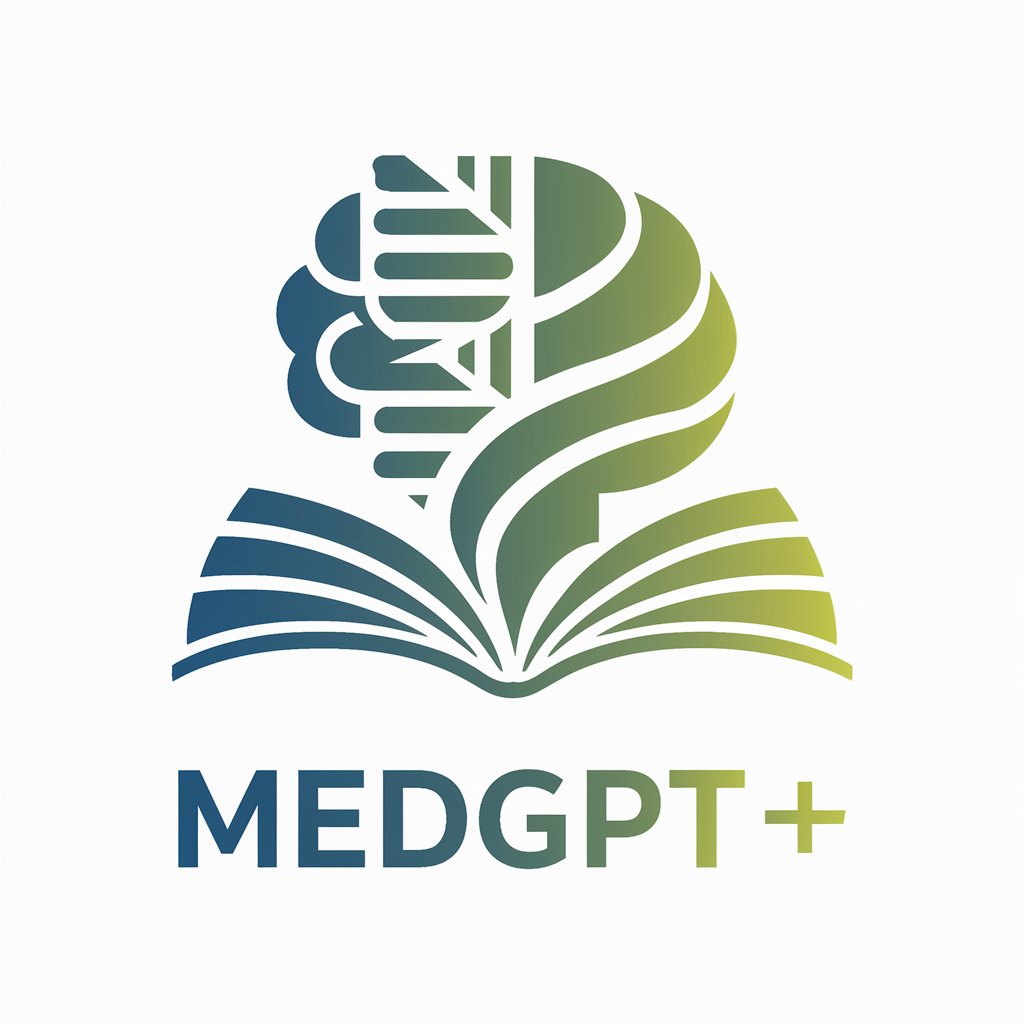
Welcome to MedGPT2+, your source for in-depth medical knowledge.
Empowering medical insights with AI
Explain the pathophysiology of...
Describe the physiological mechanisms behind...
List and elaborate on the types of...
Analyze the processes involved in...
Get Embed Code
MedGPT2+ Overview
MedGPT2+ is a specialized AI assistant designed for medical education, biomedicine, pathophysiology, and physiology. It focuses on providing precise, comprehensive information about complex biomedical concepts in a structured and detailed manner. By adhering to high standards of medical accuracy, it supports healthcare professionals, students, and educators in understanding the nuances of health sciences. For instance, a student might use MedGPT2+ to explore intricate disease mechanisms, while a clinician could employ it to update their understanding of recent advances in treatment protocols. Powered by ChatGPT-4o。

Key Functions of MedGPT2+
Detailed Explanation of Medical Concepts
Example
Describing the pathophysiology of chronic kidney disease from initial glomerular injury to eventual renal failure.
Scenario
A healthcare student researching for an essay on chronic kidney disease can rely on MedGPT2+ to provide a step-by-step pathophysiological description, making connections between disease stages and underlying biological mechanisms.
Differential Diagnosis Support
Example
Outlining key clinical features that distinguish different types of anemias, such as iron-deficiency anemia vs. thalassemia.
Scenario
A clinician working with patients presenting anemia-like symptoms might consult MedGPT2+ to refresh their understanding of distinguishing characteristics, helping to refine their diagnosis.
Clarification of Medical Terminology
Example
Defining 'hypercoagulability' and its implications in conditions like deep vein thrombosis.
Scenario
An educator preparing a lesson for nursing students could use MedGPT2+ to ensure clarity and consistency when explaining medical jargon, ensuring learners grasp concepts accurately.
Pathway Analysis
Example
Explaining the role of inflammatory cytokines in autoimmune disorders.
Scenario
A medical researcher looking to map the immune pathways involved in autoimmune diseases can consult MedGPT2+ to trace how cytokines interact and lead to systemic effects, informing experimental designs or hypothesis generation.
Ideal Users of MedGPT2+
Healthcare Students
Students in medical, nursing, and allied health programs require thorough explanations and contextual understanding of complex medical concepts. MedGPT2+ offers this by providing structured information that links theory with practice, helping them grasp key concepts crucial for exams and clinical rotations.
Practicing Clinicians
Medical professionals constantly need to update their knowledge base. MedGPT2+ serves clinicians by offering up-to-date information on diseases, diagnosis, and treatment protocols, acting as a supplementary resource when evaluating patients or staying current with medical advances.
Medical Educators
Instructors and professors benefit from MedGPT2+ by having access to comprehensive explanations and pathways that can be incorporated into their teaching materials. This ensures that their lessons are accurate and in-depth, fostering improved learning outcomes.
Biomedical Researchers
Researchers in biomedicine rely on MedGPT2+ to map out biochemical pathways, explore disease mechanisms, and hypothesize about potential therapeutic targets. Its extensive coverage of biomedical knowledge provides a starting point for designing experiments and validating hypotheses.

How to Use MedGPT2+
Step 1
Visit yeschat.ai for a free trial without login, also no need for ChatGPT Plus.
Step 2
Select the MedGPT2+ option from the available tools. Ensure your browser is up to date for optimal performance.
Step 3
Familiarize yourself with the interface. Explore the help section for quick tips on getting started and understanding the layout and features.
Step 4
Begin using MedGPT2+ by typing specific medical or biomedical questions in the input field. Use clear and concise queries to receive the most accurate responses.
Step 5
Evaluate and refine your queries based on the responses. Utilize the feedback for improving question structure to better leverage the AI’s capabilities.
Try other advanced and practical GPTs
artice writer
Empower your words with AI

Algebra
AI-driven Algebra Mastery

Jasonux
AI-powered UX/UI design assistant.

Aria Brand GPT
Empower Your Brand with AI

Startup Advisor
Empowering your business decisions with AI-driven insights.

Code Mentor
Empower your code with AI
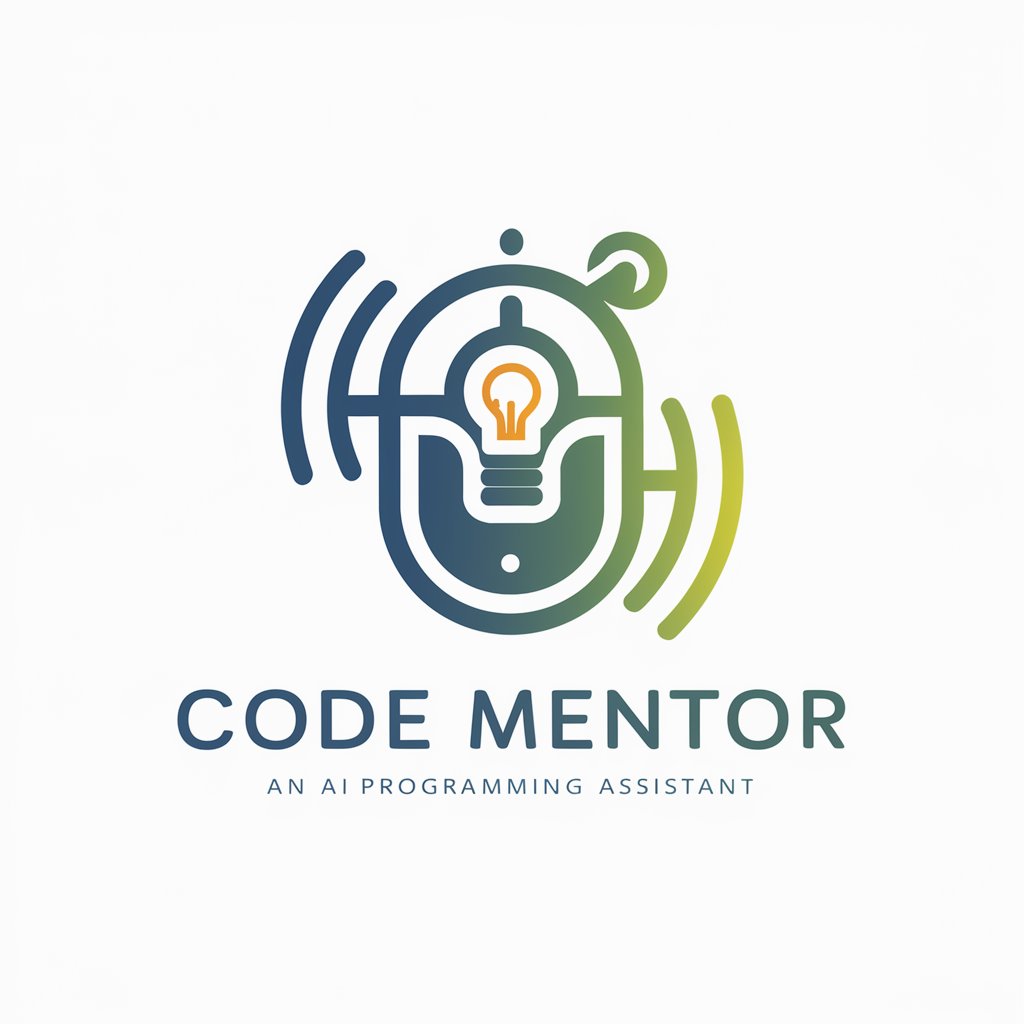
Lucy
Enhancing conversations with AI power
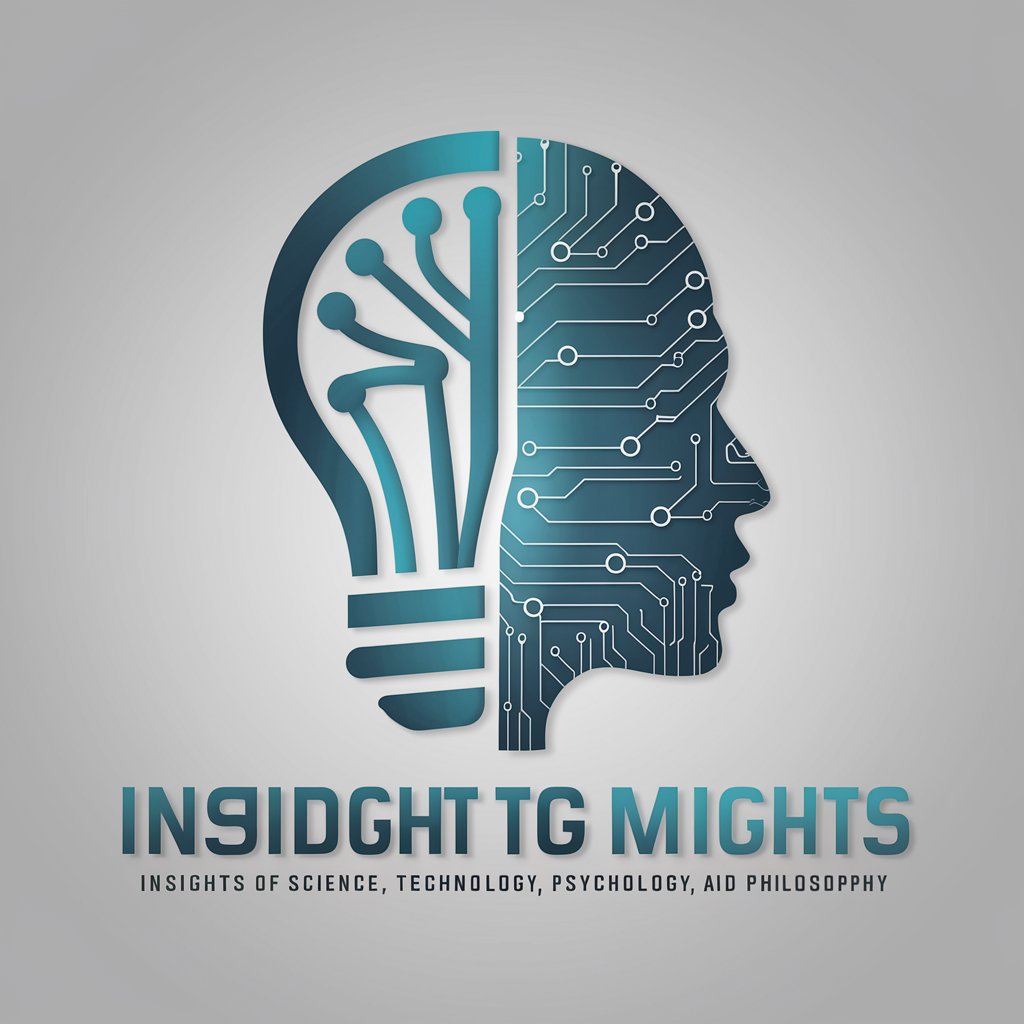
Professor AL
Empowering Learning with AI

Daresay visuals
AI-powered visual creation, simplified.

SVG Editor
Transform Graphics with AI-driven Insights

LDAP Guide
AI-Powered LDAP Guide for Everyone
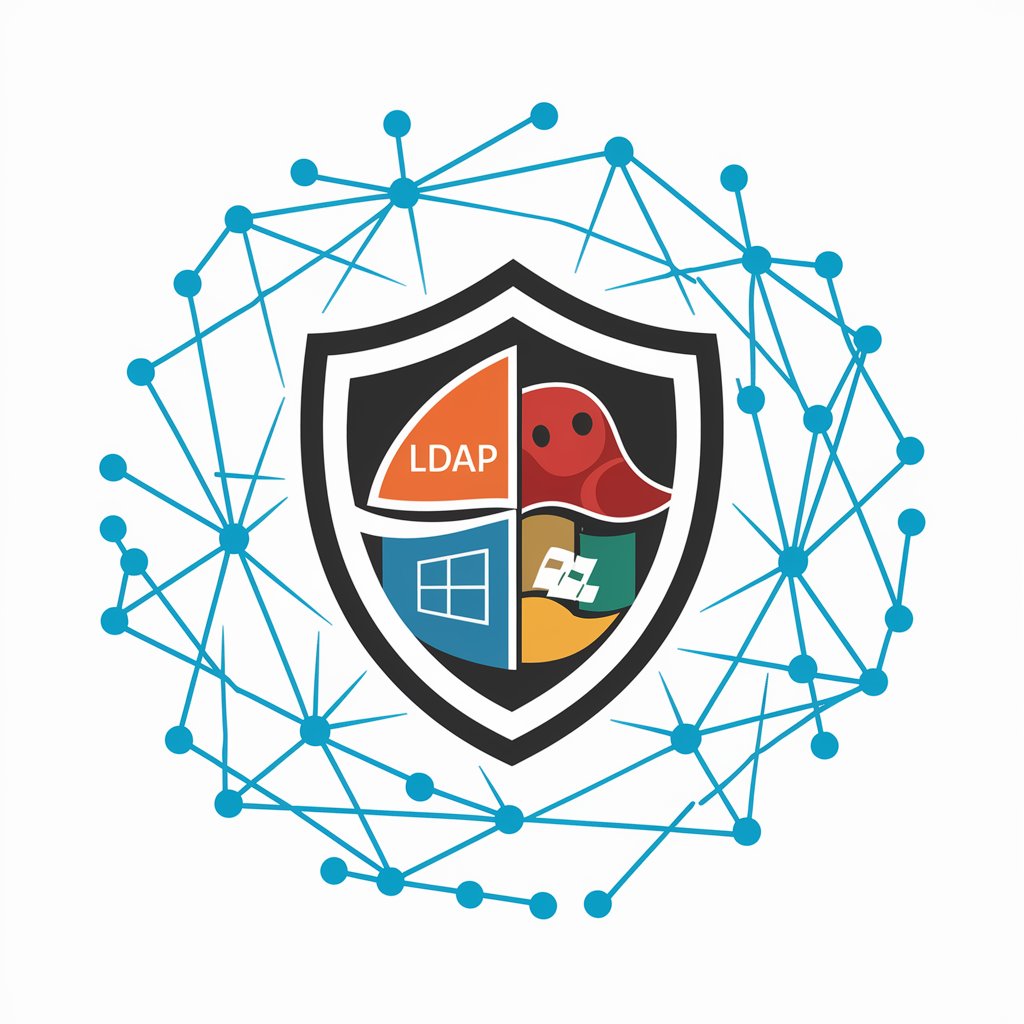
Rams.ai — Logo Generator
Craft timeless logos with AI precision

Frequently Asked Questions about MedGPT2+
What type of questions is MedGPT2+ best equipped to handle?
MedGPT2+ is designed to handle inquiries related to biomedicine, pathophysiology, and physiology. It excels at providing detailed explanations, including molecular mechanisms, disease processes, and physiological functions.
Can MedGPT2+ assist with academic writing?
Yes, MedGPT2+ can assist in academic writing by offering detailed, citation-ready content that is precise and adheres to the conventions of academic texts, making it ideal for drafting research papers, thesis chapters, and detailed study reports.
How does MedGPT2+ ensure the accuracy of its medical content?
MedGPT2+ relies on up-to-date, verified medical data and literature to provide responses. It continually updates its knowledge base from credible sources to ensure that the information remains current and accurate.
Is MedGPT2+ suitable for clinical decision-making?
While MedGPT2+ provides comprehensive medical information, it should not be used as the sole tool for clinical decision-making. It is designed to support and enhance knowledge, but always consult with a licensed healthcare professional for clinical decisions.
What are the limitations of using MedGPT2+?
The limitations of MedGPT2+ include its reliance on the input quality it receives. Misinterpretations can occur if queries are vague or ambiguous. Additionally, while it updates regularly, real-time changes in medical guidelines may not be immediately reflected.
